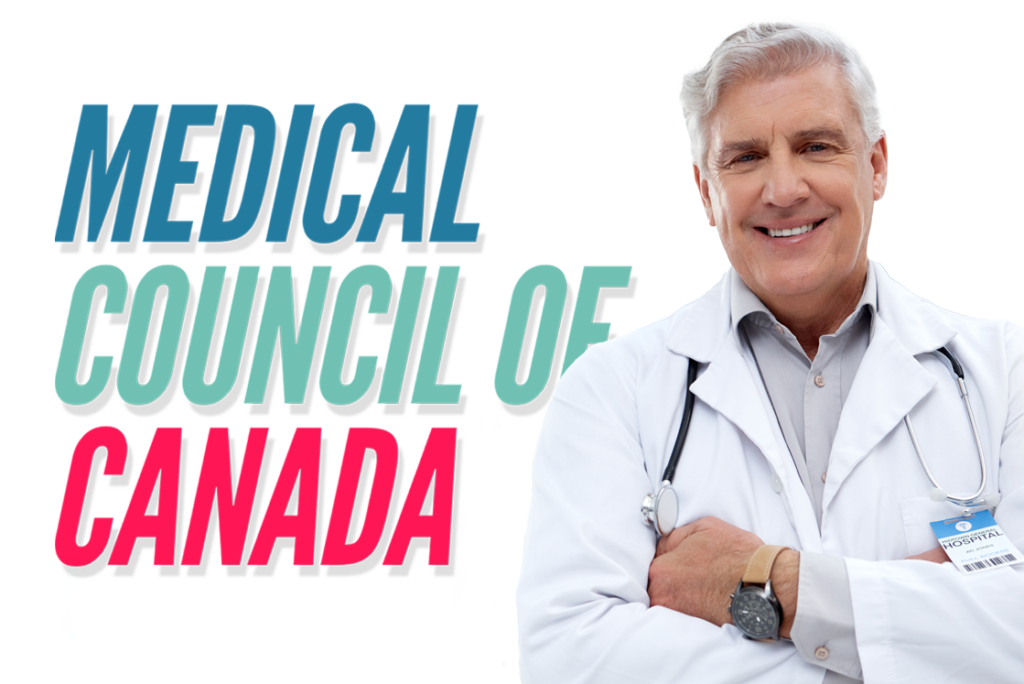Introduction
The Canadian Medical Council of Canada (MCC) is a pivotal organization in the Canadian healthcare system, responsible for ensuring that medical practitioners in Canada meet the highest standards of education, competence, and professionalism. By overseeing the assessment and certification processes for medical graduates, both domestic and international, the MCC plays a crucial role in maintaining the quality of healthcare services across the nation. This article explores the history, functions, and impact of the MCC on the Canadian healthcare landscape.
History and Mission
Founding and Evolution
Established in 1912, the Canadian Medical Council of Canada was created to standardize the evaluation and certification of medical professionals across the country. Prior to its inception, medical qualifications and practices varied significantly between provinces, leading to inconsistencies in the quality of care. The MCC was founded with the mission to unify these standards and ensure that all practicing physicians in Canada possess the necessary knowledge and skills to provide high-quality healthcare.
Mission and Vision
The mission of the MCC is to “achieve the highest level of medical care for Canadians through excellence in evaluation of physicians.” Their vision focuses on leading the way in innovative assessment processes and contributing to the continuous improvement of medical education and practice in Canada.
Key Functions of the MCC
1. Assessment and Certification
The MCC administers a series of examinations that assess the knowledge, skills, and attitudes of medical graduates. These exams are designed to ensure that candidates meet the required standards to practice medicine in Canada.
Medical Council of Canada Qualifying Examination (MCCQE) Part I: This is a computer-based test that assesses the knowledge and clinical decision-making abilities of medical graduates. It covers a wide range of medical disciplines, including medicine, surgery, pediatrics, and psychiatry.
Medical Council of Canada Qualifying Examination (MCCQE) Part II: This is a performance-based assessment that evaluates clinical skills, including patient interaction and problem-solving. It involves simulated patient scenarios to test the candidates’ practical abilities.
2. Licentiate of the Medical Council of Canada (LMCC)
Upon successful completion of the MCCQE Part I and Part II, candidates are awarded the Licentiate of the Medical Council of Canada (LMCC). This certification is a key requirement for obtaining a license to practice medicine in most Canadian provinces and territories. The LMCC signifies that the physician has met national standards for medical knowledge and competence.
3. Evaluation of International Medical Graduates (IMGs)
The MCC also plays a crucial role in evaluating international medical graduates who wish to practice in Canada. The Medical Council of Canada Evaluating Examination (MCCEE), although recently phased out, was historically used to assess the medical knowledge of IMGs. Now, IMGs undergo the MCCQE Part I and additional assessments to ensure their qualifications are on par with Canadian-trained physicians.
Contributions to Medical Education and Practice
1. Continuous Professional Development
The MCC is dedicated to promoting lifelong learning and continuous professional development among physicians. Through their initiatives and partnerships with other medical organizations, they encourage ongoing education and training to keep medical practitioners updated with the latest advancements in medical science and practice.
2. Research and Innovation
The MCC is involved in research initiatives aimed at improving assessment methods and medical education. By collaborating with academic institutions and healthcare organizations, the MCC contributes to the development of innovative assessment tools and practices that enhance the quality of medical training and evaluation.
3. National and International Collaboration
The MCC works closely with various national and international organizations to harmonize medical standards and practices. They collaborate with provincial regulatory authorities, medical schools, and international medical councils to ensure that their assessment processes are aligned with global best practices and standards.
Impact on Canadian Healthcare
1. Ensuring High Standards of Care
By maintaining rigorous assessment and certification processes, the MCC ensures that only qualified and competent physicians are allowed to practice in Canada. This commitment to high standards directly translates into better patient care and safety.
2. Supporting a Diverse Medical Workforce
The MCC’s evaluation of international medical graduates helps integrate skilled physicians from around the world into the Canadian healthcare system. This not only addresses physician shortages in various regions but also enriches the medical community with diverse perspectives and experiences.
3. Enhancing Public Trust
The MCC’s stringent certification standards and commitment to continuous improvement bolster public trust in the Canadian healthcare system. Patients can be confident that their healthcare providers have undergone thorough evaluation and possess the necessary competencies to deliver high-quality care.
Conclusion
The Canadian Medical Council of Canada stands as a cornerstone of the Canadian healthcare system, ensuring that physicians meet the highest standards of medical knowledge and clinical competence. Through its rigorous assessment and certification processes, the MCC upholds the quality of healthcare services across the nation. By supporting continuous professional development, fostering research and innovation, and collaborating with national and international partners, the MCC continues to play a vital role in advancing medical education and practice in Canada.



